How food inspections work, why they matter and how you can get involved

You might not think much about food safety when dining out, but food safety inspections are key to preventing foodborne illnesses. Clark Snyder, an Environmental Health Services program manager and registered sanitarian at RiverStone Health, identifies the importance of inspections and how you can share your opinion on making inspection results more valuable.
The screening test every adult over 45 needs

Colorectal cancer is the second leading cause of cancer-related deaths in the United States, but the good news is it’s highly preventable with regular screening. Maddie du Pont, DO, a family medicine physician at RiverStone Health Clinic, shares the importance of being screened early and what options are available to you.
MedStart helps students find their career path in health care
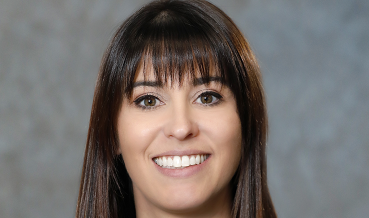
Montana high school students with dreams of making a difference in the world of health care are finding inspiration and opportunity through Eastern Montana Area Health Education Center (AHEC), housed at RiverStone Health. Nikole Bakko, an outreach coordinator at Eastern Montana AHEC, provides guidance for students interested in health care careers.
How to respond to an opioid overdose
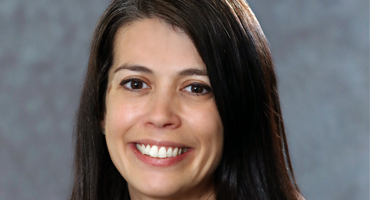
The national opioid epidemic has impacted individuals in every community and of every demographic. Opioids are a type of medication commonly prescribed to manage or treat pain. Melissa Henderson, the Senior Director of Community Health and Safety for RiverStone Health Public Health Services, shares important steps to take if you see someone who is likely overdosing.
When to bring your child to the dentist
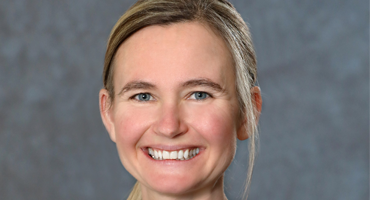
Many parents dread taking their child to the dentist, but stressful appointments can be avoided if you get them started early. Shawnell Miller, lead dental hygienist at RiverStone Health Dental Clinic, provides tips for families on the importance of dental care for your child at any stage.
Welcome Baby supports healthy families in Yellowstone County
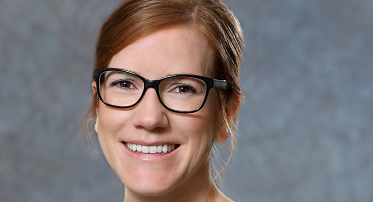
Healthy parents and babies are vital to ensuring the long-term success of children and families. The days, weeks and months following a birth can be challenging for any family. Ellie Lanz, an early intervention services coordinator at RiverStone Health, announces the launch of Welcome Baby, a free home visiting pilot program in partnership with Montana Department of Health and Human Services.
Changes to WIC food packages have arrived
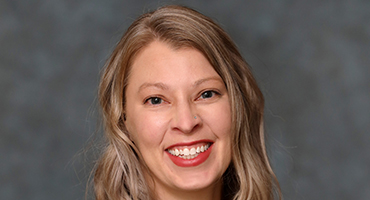
Starting this month, the Women, Infants, and Children (WIC) food packages are getting a refresh. These changes, based on the latest nutrition science as well as feedback from WIC participants, aim to provide families with more balance and flexibility when building healthy habits. Shawna Coleman, a program coordinator and Designated Breastfeeding Expert at RiverStone Health WIC, highlights the updates starting in WIC.
Screening for HPV and cervical cancer can prevent serious disease
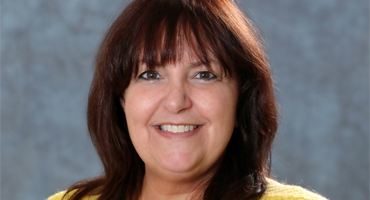
January is Cervical Cancer Awareness month. Each year, more than 13,000 women in the United States are diagnosed with cervical cancer. In Montana, about 36 women are diagnosed annually, and nine will lose their life. Sheri Pope, a Prevention Health Specialist at RiverStone Health, speaks to the preventable nature of cervical cancer and ways for you to protect yourself and your loved ones.
The importance of vitamin D, especially in the winter
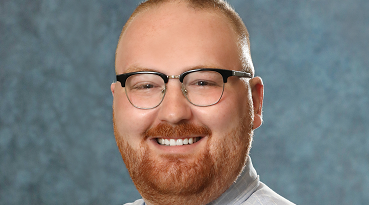
As we enter the winter months with fewer daylight hours than ever, it’s a good time to think about ways to boost our vitamin D intake. Keeping up on your vitamin D can promote strong and healthy bones, boost your immune system, and support your mental health. Dr. Sam Pollock, DO, a family medicine physician at RiverStone Health clinic, shares the importance of vitamin D and how to get more during the winter months.
Enhancing rural medicine through telehealth

As colder temperatures and poor travel conditions settle in around Montana, the value of medical access for those living in the rural areas is more palpable than ever. Frozen water lines, hungry livestock, icy roads and kids’ school events mean that many rural families don’t always have time to seek medical care almost an hour away. Kaci Jansma, physician assistant caring for patients at the RiverStone Health clinics in Bridger and Joliet, connects patients with the care they need in our rural communities.


